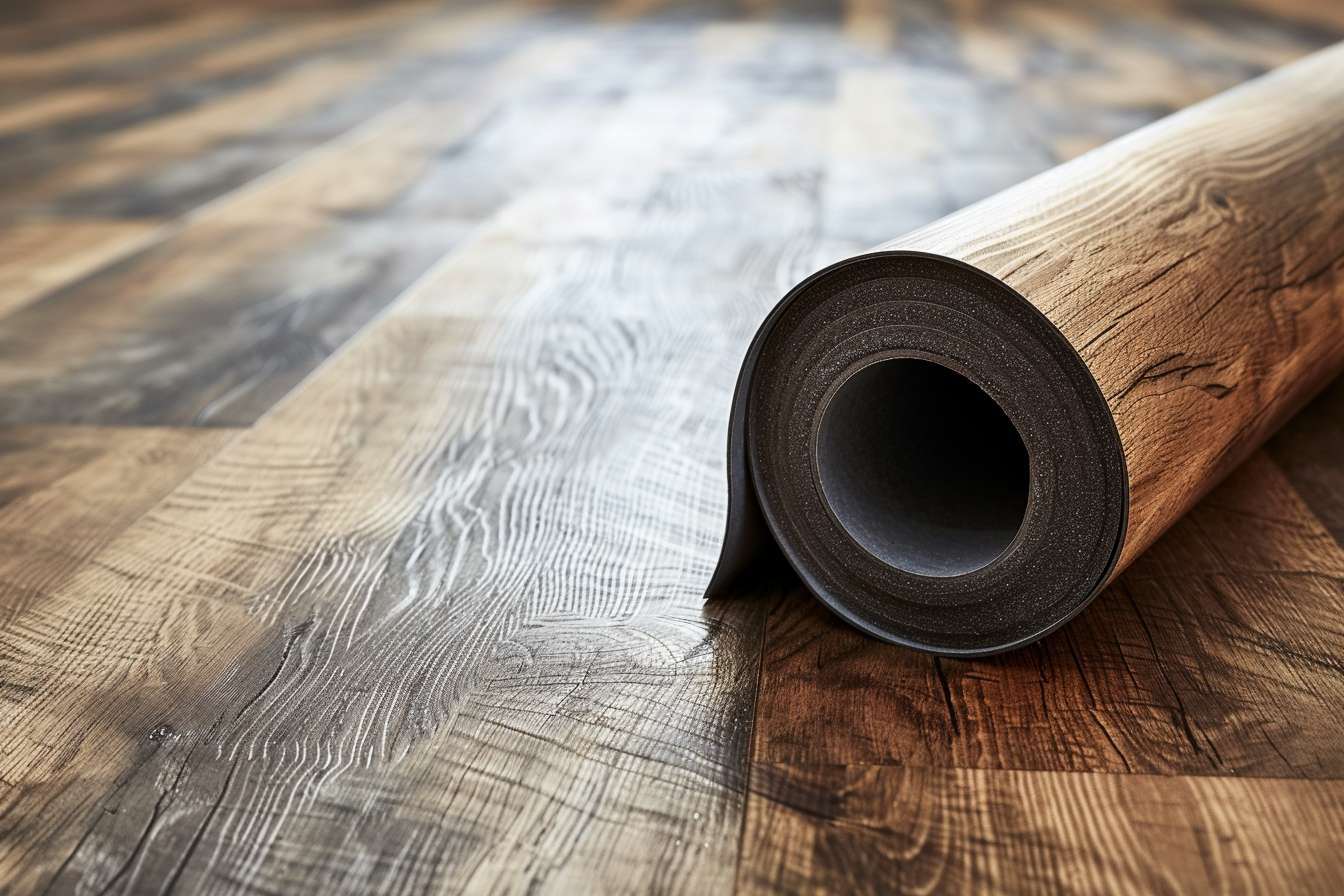The Ultimate Guide to Roofing Insulation: What Every Homeowner Should Know Before Hiring a Contractor
Proper roofing insulation is one of the most critical investments a homeowner can make, directly affecting energy efficiency, comfort, and long-term cost savings. Understanding the different types of thermal insulation available, installation methods, and what to look for in a contractor can help you make informed decisions that protect your home and budget for years to come.

Roofing insulation serves as your home’s first line of defense against temperature extremes, moisture infiltration, and energy loss. With heating and cooling costs accounting for nearly 50% of most household energy bills, investing in quality roof insulation can significantly reduce monthly expenses while improving indoor comfort year-round.
Understanding Thermal Insulations on Roofs
Thermal insulation for roofs works by creating a barrier that slows heat transfer between your home’s interior and the outside environment. During summer months, proper insulation prevents hot air from penetrating your living spaces, while in winter, it keeps warm air from escaping through the roof. The effectiveness of insulation is measured by its R-value, which indicates resistance to heat flow. Higher R-values provide better insulating performance, though the optimal R-value depends on your climate zone and local building codes.
Modern roofing insulation materials include fiberglass batts, cellulose, rigid foam boards, and spray foam options. Each material offers distinct advantages in terms of installation ease, moisture resistance, and thermal performance. Fiberglass remains popular due to its affordability and fire resistance, while cellulose provides excellent coverage in irregular spaces. Rigid foam boards offer superior moisture protection, making them ideal for areas with high humidity or frequent precipitation.
Benefits of Spray Thermal Insulation in Roofs
Spray foam insulation has gained significant popularity among contractors and homeowners due to its exceptional sealing properties and high R-value per inch. This application method involves spraying liquid foam that expands and hardens, creating an airtight seal that eliminates gaps and thermal bridges common with traditional insulation materials. Spray foam effectively addresses air leakage, which can account for 25-40% of heating and cooling energy loss in typical homes.
The two main types of spray foam insulation are open-cell and closed-cell varieties. Open-cell foam is lighter and less expensive, providing good thermal insulation while allowing some moisture permeability. Closed-cell foam offers higher R-values and acts as a vapor barrier, making it suitable for areas prone to moisture issues. Professional installation is essential for spray foam applications, as improper mixing or application can result in poor adhesion, incomplete coverage, or indoor air quality concerns.
Choosing the Right Heat Insulation for Roof Applications
Selecting appropriate heat insulation for your roof requires careful consideration of several factors including climate conditions, roof design, existing insulation levels, and budget constraints. In colder climates, higher R-values are necessary to prevent ice dam formation and maintain comfortable indoor temperatures. Warmer regions benefit from insulation that reflects radiant heat while providing adequate thermal resistance.
Attic ventilation plays a crucial role in insulation performance, regardless of the material chosen. Proper ventilation prevents moisture buildup that can reduce insulation effectiveness and lead to mold growth or structural damage. Soffit and ridge vents work together to create airflow that removes excess heat and moisture, extending the lifespan of both insulation and roofing materials.
Professional Installation vs DIY Considerations
While some insulation projects can be suitable for experienced DIY enthusiasts, roofing insulation often requires professional expertise to ensure proper installation and compliance with building codes. Professional contractors have the tools, knowledge, and safety equipment necessary to work in confined attic spaces and handle potentially hazardous materials safely.
Certified insulation contractors can perform energy audits to identify areas of heat loss, recommend appropriate insulation types and R-values, and ensure proper installation techniques. They also understand local building codes and permit requirements, helping homeowners avoid costly mistakes or compliance issues that could affect insurance coverage or resale value.
| Service Provider | Insulation Types Offered | Cost Estimation |
|---|---|---|
| Local Insulation Companies | Fiberglass, Cellulose, Spray Foam | $2-8 per sq ft |
| National Contractors | All Types, Energy Audits | $3-12 per sq ft |
| Roofing Specialists | Rigid Foam, Spray Applications | $4-15 per sq ft |
Prices, rates, or cost estimates mentioned in this article are based on the latest available information but may change over time. Independent research is advised before making financial decisions.
What to Look for When Hiring Contractors
Choosing the right contractor for your roofing insulation project requires thorough research and careful evaluation. Start by verifying licenses, insurance coverage, and Better Business Bureau ratings. Request detailed written estimates from multiple contractors, ensuring each proposal includes material specifications, labor costs, cleanup procedures, and warranty information.
Experienced contractors should be able to explain the benefits and drawbacks of different insulation options based on your specific home characteristics and local climate conditions. They should also provide references from recent projects and be willing to discuss their installation process, timeline, and any potential challenges your project might present.
Quality roofing insulation represents a long-term investment in your home’s energy efficiency, comfort, and value. By understanding the different insulation options available, recognizing the importance of professional installation, and carefully selecting qualified contractors, homeowners can make informed decisions that provide lasting benefits. Proper insulation not only reduces energy costs but also contributes to a more comfortable living environment while potentially increasing property value.




